Brain Database Uploads and Neurons versus Synthrons
A Hypothetical Imagining of Futuristic Neurology
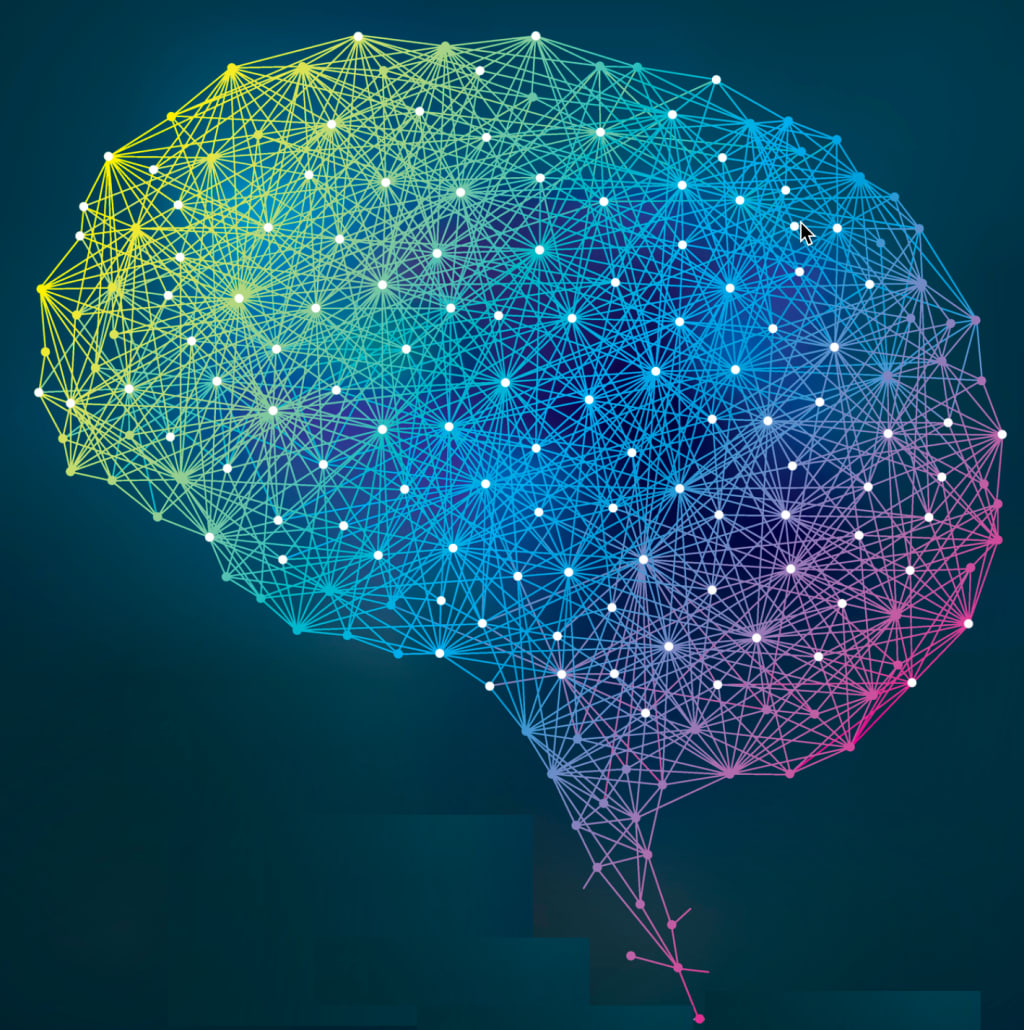
Let's say that, in the future, one is able to upload you brain into some sort of backup similar to the way in which one stores a computer's information on a backup hard drive. The “back-up” copy of your brain should be the same as the intended “original” copy, otherwise, what would be the point of having this “back-up” brain? What if the contents of your brain, stored on this backup hard drive, was downloaded into two bodies simultaneously? More specifically, what if this backup information was downloaded into both a body living in Hawaii and the one intended for hard labor on Mars? The answer to this question is dependent on the nature of the technology used to perform this upload. If the upload is somehow affected by the simultaneity of the upload, there could be damage done to the software as it is uploaded, depending on how the data is transmitted. Imagine two people trying to stream Netflix on their devices using the same WIFI network. There may be moments where the show gets paused on one or both computers because streaming uses so much data and in the case where one is uploading a database contenting someone’s thoughts, it could cause small failures, or perhaps even a completely failed download.
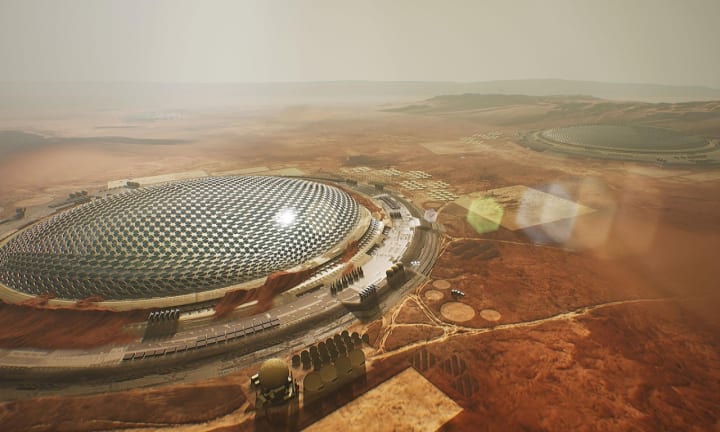
Assuming that the “program” containing your brain is successfully uploaded into both bodies, the continuity of the program would definitely be different. Let’s say we check in with both bodies ten years after the upload. There could be significant damage done: perhaps the body in Hawaii has spent ten years vacationing: drinking heavily, snorting future cocaine which contains high quantities of newly developed experimental psychotropic drugs and acquiring tens of hundred of concussions from surfing while under the influence and poor understanding of wave mechanics, while the serf body on Mars has endured ten years of hard labor, working its way up in the scheme of the Martian economy, not having the resources to experiment with drugs or take part in dangerous extra-curricular activities. The software placed in the Martian serf body would be more intact, and perhaps might have even developed a higher level of cognition through the difficulties of structured daily labor, while the program in the Hawaiian body has undergone irreparable damage, to a point where it has lost all of its worth as an individual’s mind program and will not be passed into a fresh body. In the ten years that have passed since both programs had been successfully uploaded into the two separate bodies, the entirety of the formerly human-controlled part of the solar system has fallen under the control of a massively-computationally-heavy AI that makes objective decisions for member of society based on the functionality of the minds, rather than their social status or rank. This AI may now decide to abandon the program which was severely damaged by being in the body that partied and surfed in Hawaii, and instead continue to support the re-upload of Martian serf version of the program, which not only did not acquire damage, but grew intellectually during the ten years of labor.
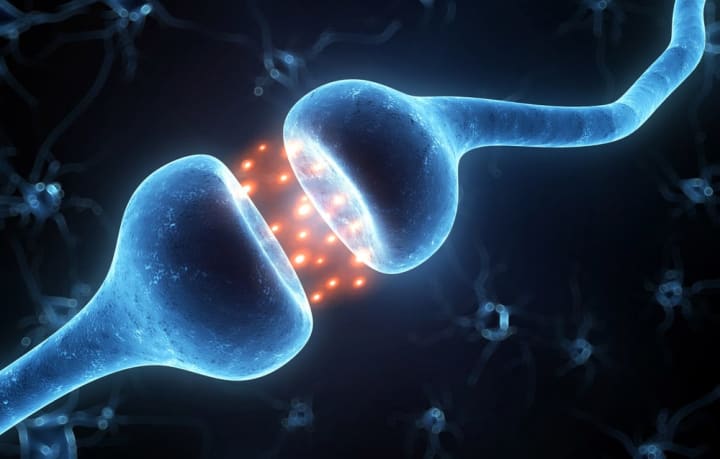
How would an artificial neuron feel, as opposed to a synthron? The difference in how these things would feel would be purely dependent on the individual’s level neural sensitivity. In an individual with a very numb brain, someone, perhaps who does not spend much energy using their brain or attempting to interact directly with their own consciousness, the feeling will be nothing, just as it was, with the original neuron. In an individual sensitive enough that can actually feel their own brain processes directly, who makes frequent use of the nerves that are contained within their own nervous system and perhaps is observant enough to note how specific stimuli feel, will report an awareness of the same reactions that they observed with their natural neurons.
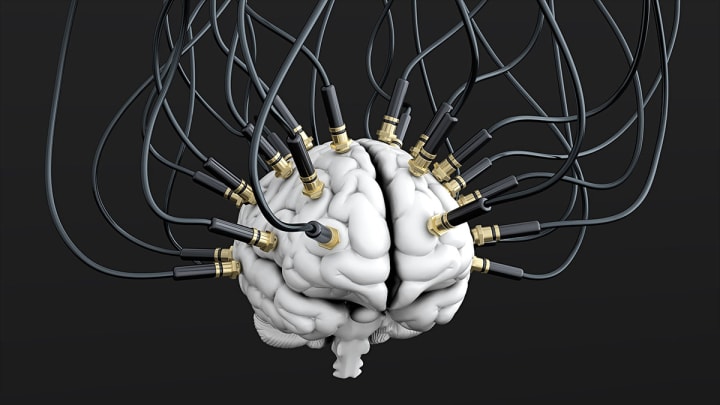
If one were to have most of their human neurons removed, right before replacing them with the artificial synthrons, the individual would, of course, feel unimaginable pain. Assuming that, in the future, someone has devised a way to numb the pain of having part of one's brain removed, one's brain would be numbed in an extreme fashion, similar to experience of a normal human’s neurons binding to opiates and losing the perception of pain, in this particular case, however, the sensation of pain would not be the only one removed. All sensations associated with the human neurons would be removed, all glandular fluid production would be stopped, all muscles would be immobilized, and most organs would cease to function. If the doctor has a method to keep a human alive during this process, in this day and age, it would be considered nothing short of a miracle. This of course would not be likely to be possible for at least a hundred years into the future. It wouldn't really make sense for a patient would remain conscious or alive in any manner during this process, although perhaps the machinations that this futuristic doctor has devised, perhaps in combination with the brain upload program, some level of digital, or cyborg, consciousness could be retained. The feeling of the synthrons, as described before, would be dependent on the individual’s initial neural sensitivity, some patients being able to notice a lack of feeling and then the ability to feel again, while other patients would be somewhat unaware of the lack of some of their neurons.
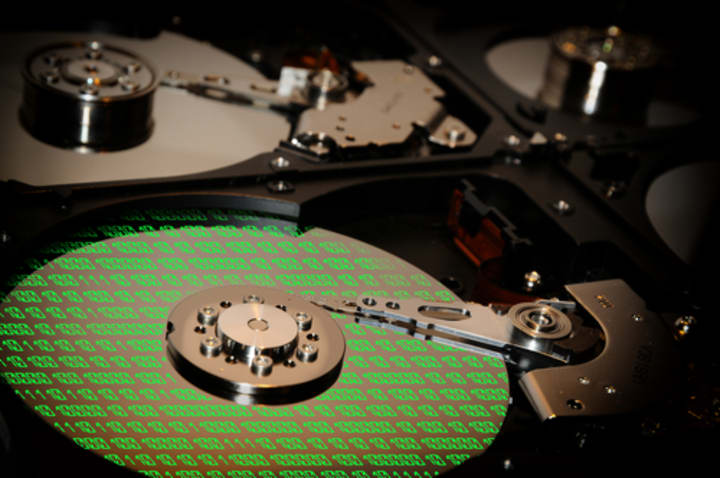
About the Creator
Sabine Lucile Scott
Hi! I am a twenty-nine year old college student at San Francisco State University majoring in Mathematics for Advanced Studies. I plan to continue onto graduate school in Mathematics once I am finished the plethora of courses which remain.






Comments
There are no comments for this story
Be the first to respond and start the conversation.